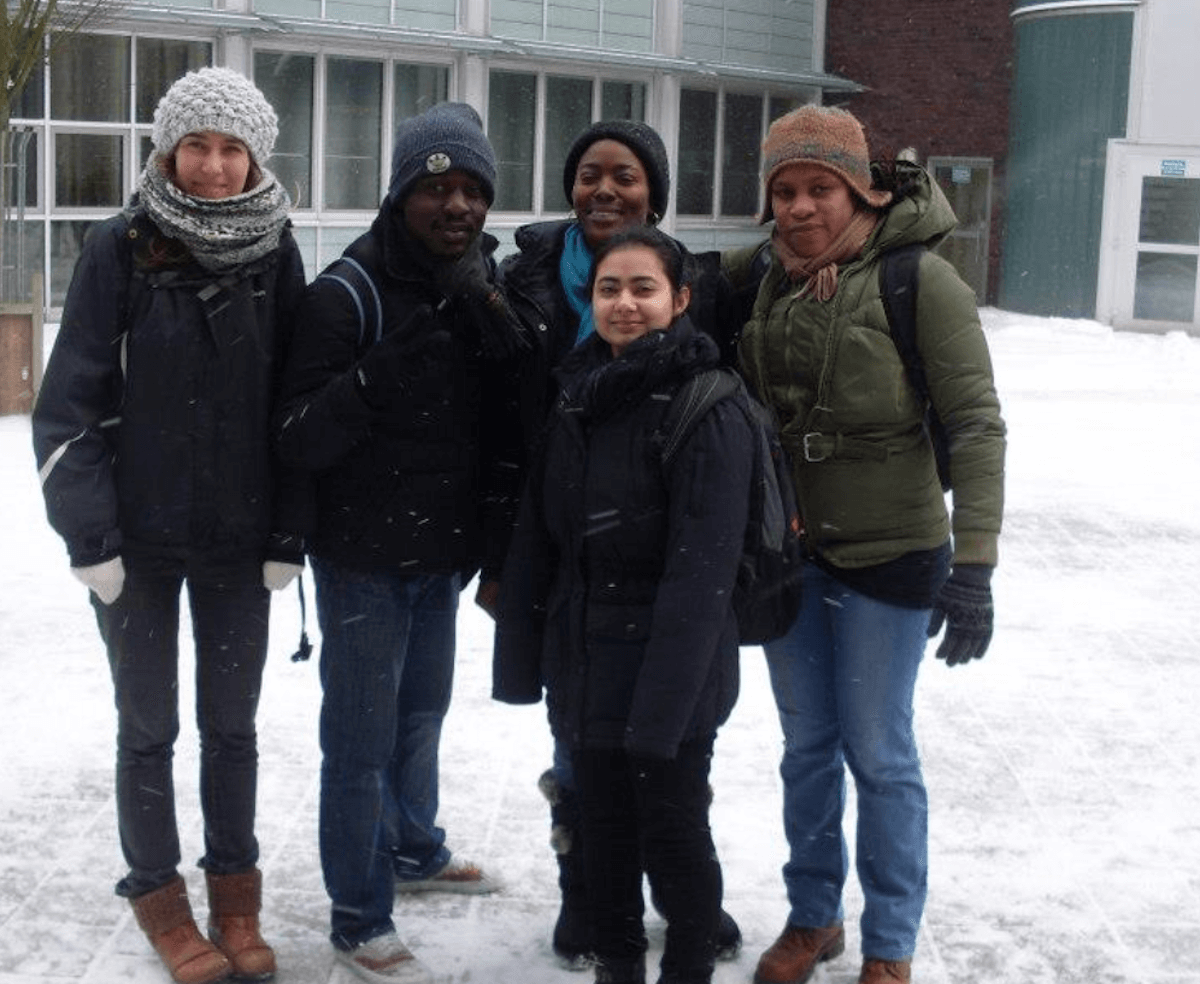Studying abroad is super exciting. Not only can this be a once in a lifetime adventure, but also, you’ll probably broaden your horizons beyond the international aspect as you’ll encounter a new culture, a new language, and many times new weather. But that’s probably the subject of a different article.
My personal experience is migrating from Nigeria to Germany for a Master’s degree. But the important items on this list are definitely relevant to any foreign student coming to Europe.
So, before embarking on this new adventure, there are some basic preparations that you must consider such as the university you’ll attend, visa permits, health insurance, and where you’re going to live.
Research the University Requirements
The first thing you should do is research. Come up with a list of universities you’d like to attend, then select the one that you deem fit.
Find out if the program has German language requirements. While some courses, especially in M.A. programs, require a basic understanding of the German language, bachelor degree programs require its students to attain a higher level of German language skills (either C1 or C2). If such is the case, then you would need to consider enrolling in language school before continuing with the application.
When it comes to funding, you should know that many universities offer scholarships to international students. You may also want to check the various scholarship offerings and the deadlines for application.
If you meet the school’s requirements, you can go ahead and send your application. The moment the school issues you an acceptance letter (Immatrikulationsbescheinigung in Germany), you can go ahead and apply for the appropriate Student Visa at the German Embassy in Nigeria (or, wherever it is in the world you come from).

Visa Application
Don’t wait until the last minute. These things take time and you wouldn’t want to miss the beginning of your school year because of bureaucracy.
It is recommended that you arrange your visa application for at least 6 months in advance. In my experience, the processing time for the study permit takes about 2 months. However, this probably varies depending on your country of origin and the place you wish to visit. So, as mentioned, start early.
To increase the chances of getting a study permit, you might be required to deposit some funds (up to €10,236) in a blocked account. This is done to show that you have enough funds to sustain you for at least one year in Europe.
Getting a study permit opens up an opportunity to apply for a residence permit, but only once you arrive in Europe. Note that a tourist visa cannot be extended while you are in Germany and might prove problematic for a student lifestyle, which often includes a student job. A study permit, on the other hand, grants you a legal student status.
Health Insurance
If you plan to study in Germany, you will need to show proof of health insurance both during your enrolment at the university and when applying for a residence permit. It is essential, so be sure to make proper arrangements before you travel.
The international student’s office at your local university also gives information on the appropriate health Insurance package for students. Be sure to reach out to them once you are accepted so that you’d have all the information.
Registration and Resident Permit
Most of the schools in Germany usually assist their international students by providing accommodation upon their arrival. So, it is imperative that you make the necessary inquiries about accommodation ahead of time. That way, you won’t have to face the burden of searching for accommodation upon your arrival.
As soon as you find an apartment, make sure to register with the local resident registration office where you obtain the “Meldebeschenigung,” which is one of the documents needed when applying for the residence permit. Note that in Germany, this registration is mandatory. If you’re going to school in another European country, make sure to contact the international student’s office at your university to find out if you need to take mandatory steps regarding your accommodations.

Find Others Like You
The most important part of traveling abroad for school is quality research. While almost everything can be found on Google, there can also be an abundance of information that will only get you confused. The most trustworthy way to fully understand what you’re facing is to ask and consult with others who made the same journey and can share their experience.
A quick search on social media shows that there are unique communities for Nigerians, Indians, Filipinos, Thais, and so many other populations who migrated to Europe and are happy to share their unique perspective and insights on migrating to a new country. Find your community, and next year, you’ll be able to assist someone else by providing your own smart insights.
That’s it. You should be all set to embark on an intellectually stimulating journey. Remember to research and apply ahead of time, and if you have any questions – contact your school’s admission office, they are usually nice and extremely helpful.









